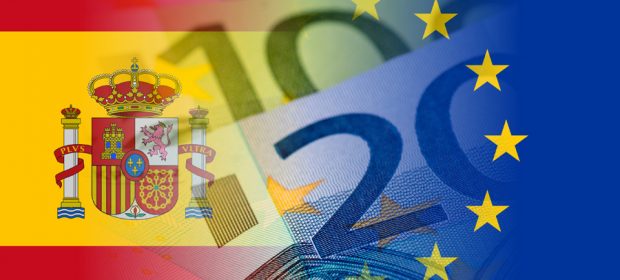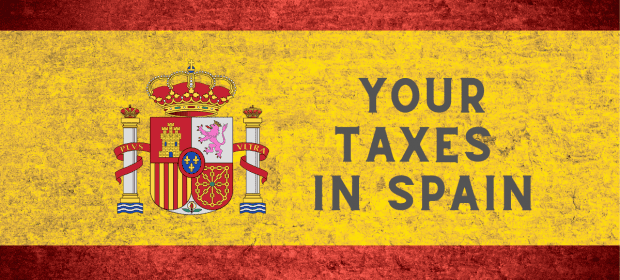This is the first in a series of three articles on the challenges of financial planning in your personal life when you own a business or are a significant shareholder in a business. This first article is planning when starting a business. The next article covers planning when you have an established business. The final article, the one we all want, goes through what happens when you sell the business and find yourself cash rich.
When starting a business, it is the business that gets the attention and often your personal, non-business, financial position is left unplanned. I would recommend at this stage you do prioritise the business as if it goes well, your business is likely to be the driver of your wealth. It should certainly grow your wealth quicker than investing in funds, shares, etc. It will probably make you wealthier than investing in Bitcoin!
Making your business the priority, however, does not mean that you can completely ignore your personal finances or manage them on a “when I get round to it” basis. Owning a business means it is very important to do your own personal planning because success can ebb and flow and, especially for a new business, it can go bust. Making sure your own affairs are in order protects your family and may even allow you to start up again, if arranged properly.
I recognise that different companies have different characteristics and that this can affect your planning. I also recognise that owners of businesses in Barcelona should base their planning specifically on Catalan laws and taxes.
Planning your personal finances when starting a business
Product – tick. Business plan – tick. Website – tick. Instagram – tick. Business partner – tick. Financing – tick. So the business is good to go and will, of course, be a success.
I wish all of you who are starting a business the very best of luck. It can be a most rewarding experience, even though it can also be exhausting and stressful. However, the data shows us that whilst 80% of new businesses survive one year, only 30% make it past the 10 year point¹. This statistic shows you why your personal finances will continue to need your attention.
Planning points:
1. Recognise that personal money differs from business money. Keep it separate!
2. Get your affairs in order before starting your business. If you have children, make sure you have life cover. Get private medical insurance so you can be seen quickly and get back to work as soon as possible.
3. Know what your personal expenses are before you start the business. This can help you decide how much to take from your business each month. Do not start your business and then take only what you think the business can afford. This will push you into debt personally.
4. Conversely, when business is going well, don’t buy flash cars, boats, luxury holidays etc. until you have sold your business or unless you are Bill Gates, Elon Musk etc. and your company is doing remarkably well.
5. Keep an emergency fund in your personal finances of at least 6 months’ expenses in case there is a business “wobble”.
6. When getting equipment and vehicles for your business do not buy them in the early days of the business, especially if you have to put personal money into the business to make the purchase. Your financial risk is minimised if you rent or lease equipment. We can also now get cars on a “subscription” basis. This means that instead of buying or leasing you pay a fixed monthly fee for the use of a car. This is like renting a car from Avis but you rent it from the car company. If you need to walk away after six months, you can do so with no liability. This is available from several car companies in Spain.
7. Keep flexibility in your personal finances. Do not, for example, put money into pensions in the early days of your business unless you have additional reserves. We cannot access money invested in a pension until you approach retirement.
8. This may mean that you need to leave money in the bank. In Spain, that means we will earn, at the moment, virtually no interest. Accept that fact and make your money
¹Forbes, Fortunley and Business Wire. Statistics are USA statistics










